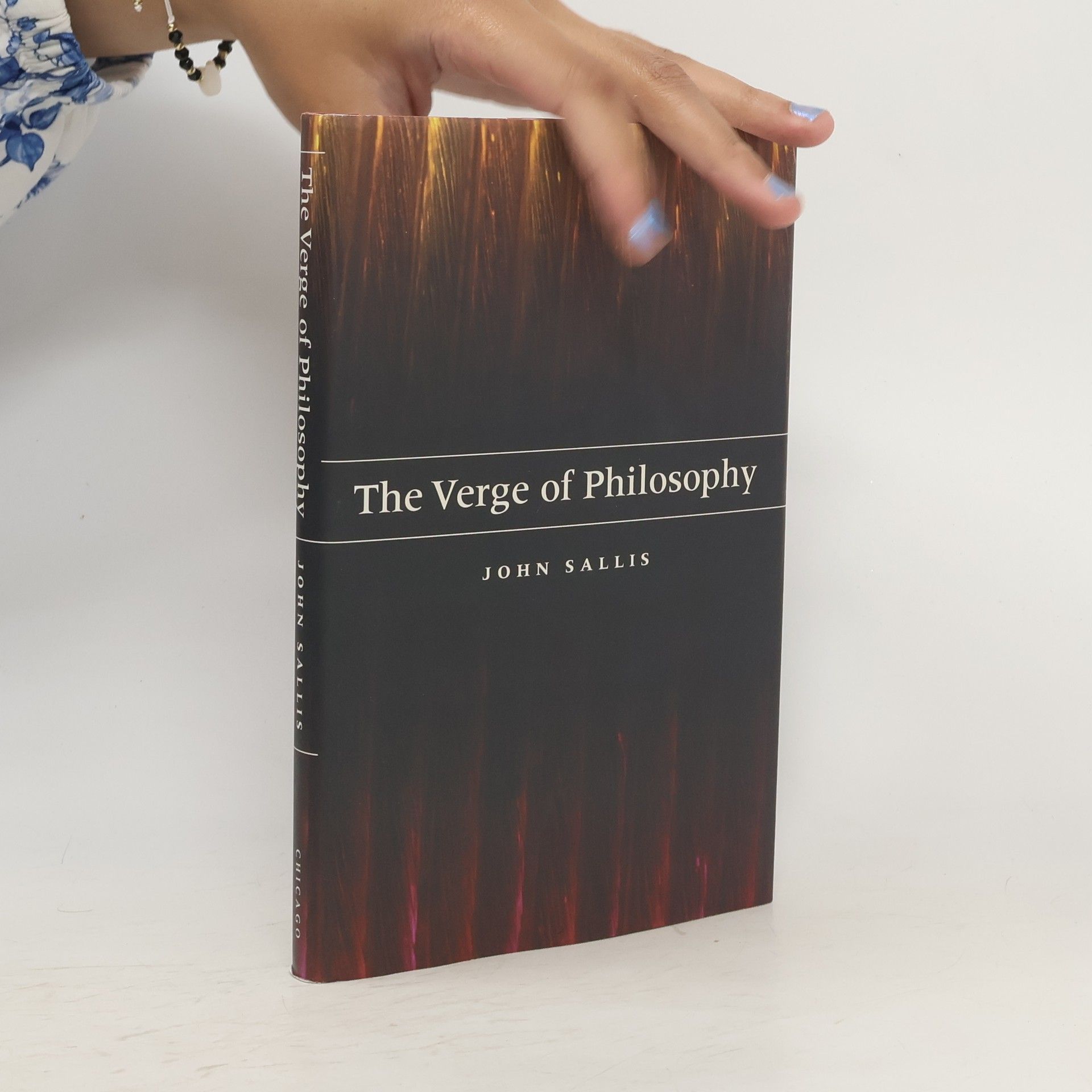On Translation
- 128pages
- 5 heures de lecture
Drawing on Jakobson, Gadamer, Benjamin, and Derrida, Sallis shows how the classical concept of translation has undergone mutation and deconstruction.






Drawing on Jakobson, Gadamer, Benjamin, and Derrida, Sallis shows how the classical concept of translation has undergone mutation and deconstruction.
Featuring forty illustrations, this book enriches the reader's understanding of the world and highlights the importance of connection. Each visual element is designed to deepen the exploration of themes related to perception and awareness, inviting readers to engage more fully with their surroundings.
Exploring philosophical themes, this collection features essays that delve into concepts such as beginnings, memory, and the nature of images. It examines the interplay between imagination and temporality, offering insights into poetic expression and elemental properties. The contributions reflect a deep engagement with continental thought, inviting readers to reconsider the complexities of perception and representation in relation to the works of Plato and Nietzsche. Edited by John Sallis, this volume presents a rich tapestry of ideas for those interested in philosophy and aesthetics.
The Verge of Philosophy is in one sense a memorial for Sallis's longtime friend and interlocutor Jacques Derrida. The centerpiece of the book is an extended examination of three sites in Derrida's thought: his interpretation of Heidegger regarding the privileging of the question, Derrida's account of the Platonic figure of the good, and his interpretation of Plato's discourse on the elusive notion of the receptacle of all things, which Plato designates by the enigmatic word chora. Sallis's explorations are given added weight-even poignancyby his discussion of his many public and private philosophical conversations with Derrida over the decades of their friendship. The Verge of Philosophy thus simultaneously serves to mourn and remember a friend and to push forward the deeply searching discussions that lay at the very heart of that friendship.
Engaging with both contemporary and ancient philosophical themes, this work offers valuable insights for readers interested in the evolution of philosophical thought, particularly regarding Plato's influence. It presents a thorough examination of key concepts, encouraging deep reflection and serious consideration from scholars and enthusiasts alike.
The book explores the philosophical discourse surrounding the assertion of metaphysics' end, a claim originating with Hegel. It delves into the meaning and implications of this closure, examining how contemporary thinkers engage with and challenge this notion. Through critical analysis, it addresses the significance of metaphysics in modern philosophy and the debates it incites regarding the nature of reality and existence.
Focusing on German Idealism, this volume explores the evolution of philosophical thought from Kant to Fichte and Schelling. John Sallis offers insightful interpretations of key texts, emphasizing themes of freedom, the subject-object relationship, and the imagination. The book begins with Kant's philosophy and its reception, followed by an in-depth analysis of Fichte's Wissenschaftslehre and Schelling's contributions. Sallis's clear exposition and relevance to contemporary philosophy make this work appealing to both general readers and specialists.
Focusing on Martin Heidegger's Being and Time, this volume compiles John Sallis's lectures from two different academic years, providing a comprehensive synthesis of his teachings. The significant gap between the two courses allows for a nuanced understanding of Heidegger's work, reflecting on the developments in the field during that time. Aimed at both students and advanced scholars, this collection enhances accessibility to Heidegger's complex ideas while fostering deeper engagement with his philosophy.
Exploring the intricate connection between Paul Klee's artistic creations and his philosophical ideas, this book delves into how his unique perspective shaped his work. It examines Klee's innovative techniques and themes, revealing the depth of his thought processes and the underlying concepts that inform his art. By analyzing specific pieces, the text highlights the interplay between visual expression and philosophical inquiry, offering readers a comprehensive understanding of Klee's contributions to both art and philosophy.
Brilliantly original, Sallis's close readings of Plato's dialogues are grounded in the original passages and illuminate the overarching themes that drive the dialogues.